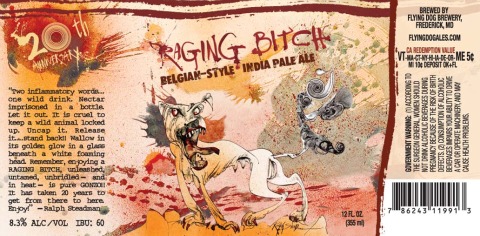Some Thoughts on The Net Delusion
Evgeny Morozov's The Net Delusion had been on my reading list since it debuted to much fanfare in early 2011. I left the book with the impression that the author had painted the "cyber-utopians" he so carefully tears apart with too broad a brush by ignoring the nuance of others' arguments while fighting the propagation of substance-deficient general interest news media and politicians' sugarcoated information freedom platitudes. While necessary at times and supportive of his points, at others it seemed unnecessarily antagonistic. Overall, The Net Delusion makes clear how easy it is to ignore or obscure the root causes of socio-political problems when we place too much blind faith in the church of techno-evangelism. Regardless of my inflated expectations and any criticism contained in this post, the book is a must-read. The author begins by distinguishing cyber-utopians from Internet-centrists, noting that "cyber-utopianism stipulates what has to be do...



